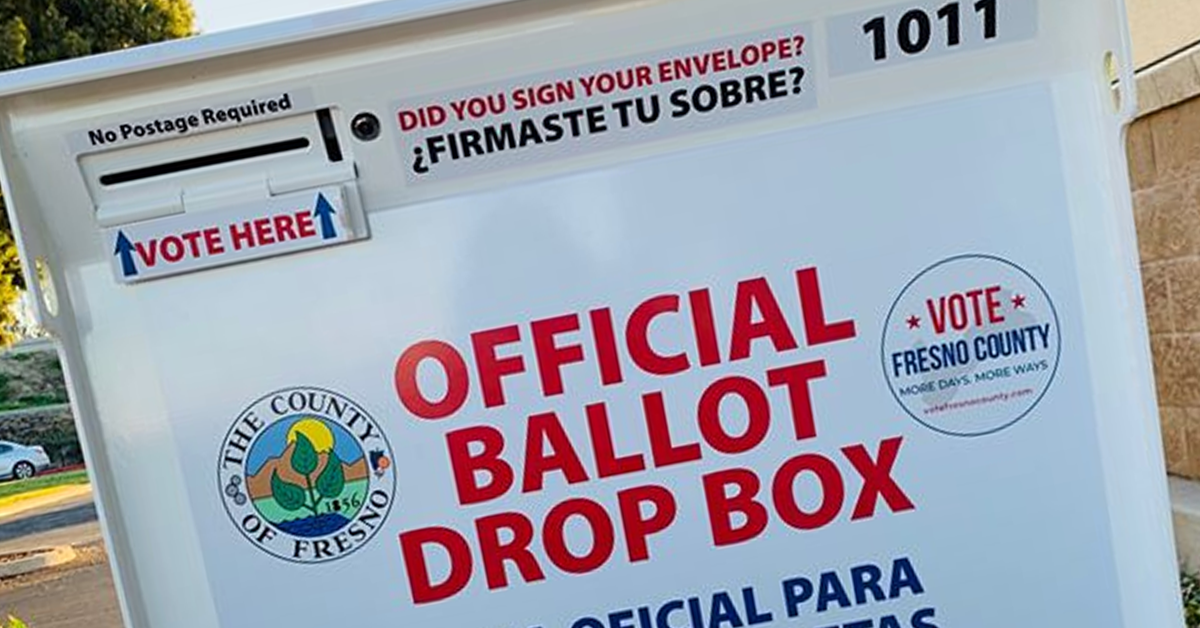Amid sky-high energy costs and a push by the Biden administration to release strategic oil reserves to reduce costs, California’s wholesale rejection of more than 100 permits seeking to engage in fracking process within the Golden State is beginning to raise eyebrows.
For now, it’s prompting the energy industry to push into legal terrain against the Newsom administration amid an unsanctioned de facto ban on fracking years ahead of Gov. Gavin Newsom’s 2024 goal to formally end it.
The state’s Geologic Energy Management Division, known as CalGEM, has rejected an unprecedented 109 fracking permits in 2021, the San Francisco Chronicle reported. That’s the most denials the division has issued in a single year since California began permitting fracking in 2015. Fifty of the permits, mostly from Bakersfield-based Aera Energy, were denied based solely on climate change concerns.
State oil and gas supervisor Uduak-Joe Ntuk wrote in a September letter to Aera that he could “not in good conscience” grant the permits “given the increasingly urgent climate effects of fossil-fuel production” and “the continuing impacts of climate change and hydraulic fracturing on public health and natural resources.”
Newsom called in 2020 for state lawmakers to ban the practice by 2024. But a proposal before lawmakers failed, leading Newsom to direct CalGEM to proceed with the timeline on its own. It’s only one piece of Newsom’s climate change agenda, which includes a complete end to oil and gas production in the state by 2045, long after he’s left office.
Kern County, where most fracking in the state occurs, and the Western States Petroleum Association have sued the state over the denials. WSPA’s lawsuit, filed in October, argues state law requires CalGEM to permit fracking if it meets technical requirements and that the denials amount to a de facto ban on the process that hasn’t been approved by the Legislature.
A hearing in the Kern case is scheduled for Monday and the state must respond to WSPA’s lawsuit by Dec. 2.
Get the full story: Read more.











